The book explains critically the development of working class and mobilization of this class in India’s struggle for Independence in the Madras Presidency during the period 1918-1922. Therefore, the chief concern of this book is to probe the relationship between the Indian national movement and the working class movement. The study covers formally the whole of Madras Presidency but it concentrates on the Madras city, where the labour struggles and national movement were most vigorous. The industrial working class in Madras, besides fighting its battles against the British capital, had also actively participated in the nationalist movement during the period, 1919-1922. The book also analyses the process of industrialization in Madras Presidency during the period, 1918-22. It focuses on the impact of the Russian revolution in 1917 on the Industrial working class and also on the formation of Labour Unions particularly Madras Labour Union in 1918. The book endeavours evocatively to trace out the connection between the trade union movement led by B.P. Wadia and others and the Indian National Movement in Madras during the period. It also brings out how the industrial working class, despite its struggles against the capital whether European or India, had fully supported and strengthened the anti-imperialist movement in Madras during the period 1918-1922. The book is mostly based on unpublished documents, contemporary newspapers, and other official publications. It will be quite useful to the students, researchers and all those interested in the history of working class movements and the nationalist movement in India.

Working Class and Freedom Struggle: Madras Presidency, 1918-1922
In stock
Free & Quick Delivery Worldwide
reviews
Bibliographic information
Title
Working Class and Freedom Struggle: Madras Presidency, 1918-1922
Author
Edition
1st ed.
Publisher
ISBN
8183240119
Length
xii+95p., Maps; Reference; Tables; Appendix; Bibliography; Index; 22cm.
Subjects

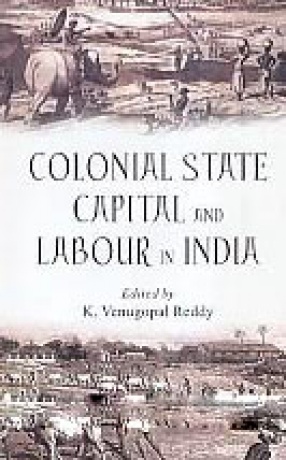
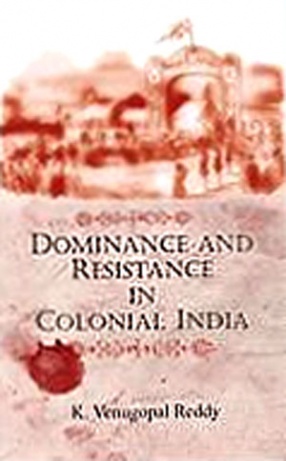
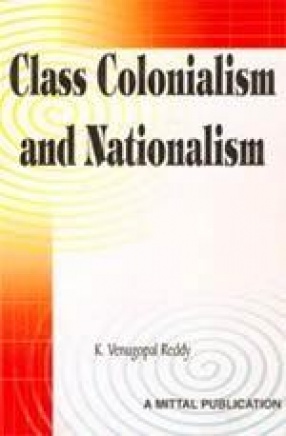
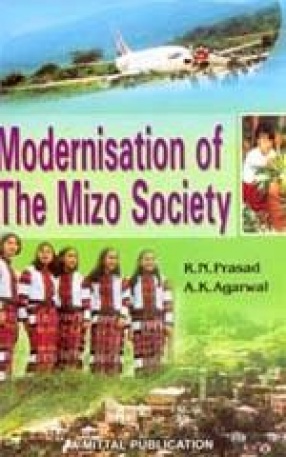
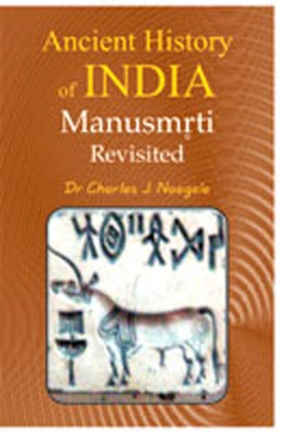
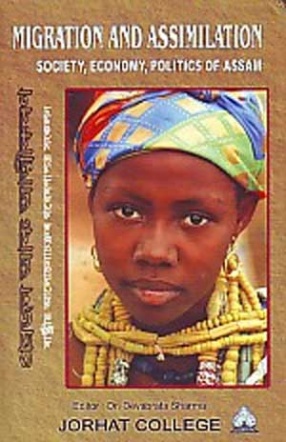
There are no reviews yet.